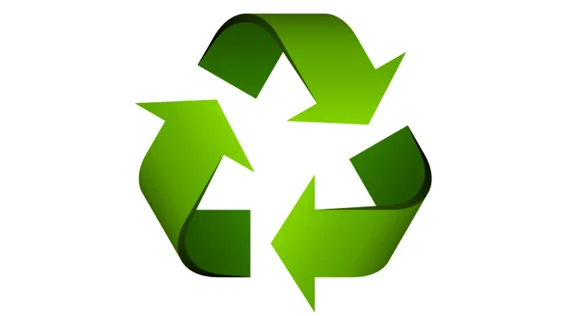
SEATTLE (Waste Advantage): The global transition towards electric vehicles(EVs) is gaining unprecedented momentum. As governments worldwide enact policies to reduce carbon emissions, the automotive industry is rapidly shifting farom fossil fuels to electric power. This shift is supported by significant investments in EV production and battery manufacturing, which are set to transform transportation and energy storage worldwide.
However, this transformation introduces new challenges, primarily related to the materials necessary for battery production. Critical minerals like lithium, nickel, and cobalt are essential for lithium-ion batteries, which power everything from cars to grid storage systems. While these batteries offer a cleaner alternative to internal combustion engines, their production and end-of-life handling present environmental challenges that could undermine their benefits.
The Imperative of Recycling in the EV Era
Recycling is a crucial component of the clean energy transition. Without effective recycling strategies, we risk replacing one environmental issue with another—trading the extraction of fossil fuels for unsustainable mining practices. To truly benefit from the electrification of transport and other sectors, we must develop recycling solutions that are not only efficient, but also environmentally sound.
Currently, the majority of lithium-ion batteries are not recycled, leading to a significant loss of valuable materials and an increase in mining demand. This is unsustainable, particularly as demand for these batteries is expected to surge. Recycling can bridge the gap between supply and demand by recovering critical minerals from used batteries and manufacturing scrap, reducing the need for new mining operations.
The Challenge of Traditional Recycling Methods
While the need for recycling is clear, the methods used today pose significant challenges. Traditional battery recycling processes, such as pyrometallurgy and hydrometallurgy, are energy-intensive and generate substantial waste and emissions. For instance, hydrometallurgical processes produce anywhere from four to five times as much sodium sulfate as a byproduct as valuable materials recovered, which leads to environmental pollution and increased landfill waste.
The production of sodium sulfate and other waste materials highlights a critical flaw in current recycling practices—they can create as many environmental problems as they solve. Such methods do not align with the principles of a circular economy, where the goal is to minimize waste and maximize the reusability of materials.
The Promise of Closed-Loop Recycling
In response to these challenges, there is a growing emphasis on developing closed-loop recycling systems. These systems aim to recover and reuse every possible material, reducing waste and emissions to the greatest extent possible. Closed-loop processes are designed to be sustainable and cost-effective, aligning with global efforts to reduce environmental impact and promote economic efficiency.
One of the most promising developments in this area is the use of advanced electrochemical processes for battery metal recovery. These technologies, which use electricity rather than heat or harsh chemicals, can effectively separate and purify metals with minimal environmental impact. By eliminating the need for high temperatures and toxic chemicals, these processes reduce both the carbon footprint and the waste associated with traditional recycling methods.
Building Sustainable Infrastructure from the Start
As we stand on the cusp of a global surge in battery demand, the decisions we make today will shape the future of recycling. It is imperative that we invest in sustainable infrastructure that does not lock us into outdated and environmentally harmful practices. By prioritizing the development of clean, efficient, and closed-loop recycling facilities, we can ensure that the growth of the EV and battery industries contributes positively to our environmental goals.
This approach not only helps in mitigating the immediate impacts of increased battery production, but also sets a precedent for future technological developments. Investing in sustainable practices now will accelerate our progress towards net-zero targets and reduce the long-term costs associated with environmental cleanup and resource scarcity.
The Growth of Sustainable Recycling Solutions
The expansion of the EV market and the corresponding need for lithium-ion batteries present both an opportunity and a challenge. Recycling these batteries is not just a necessity for resource recovery, it is also an essential part of making the clean energy transition truly sustainable. By embracing innovative recycling technologies and building the infrastructure needed to support them, we can ensure that the battery industry supports a circular economy and contributes to a cleaner, greener world.
As the industry evolves, it is crucial that all stakeholders—manufacturers, policymakers, and consumers—collaborate to support the growth of sustainable recycling solutions. Together, we can turn the challenge of battery recycling into an opportunity for environmental and economic progress.
Courtesy: www.wasteadvantage.com



| Copper Scrap View All | |
| Alternator | 0.38 (0) |
| #1 Copper Bare Bright | 4.39 (0) |
| Aluminum Scrap View All | |
| 356 Aluminum Wheels (Clean) | 0.80 (0) |
| 6061 Extrusions | 0.70 (0) |
| Steel Scrap View All | |
| #1 Bundle | 360.00 (0) |
| #1 Busheling | 380.00 (0) |
| Electronics Scrap View All | |